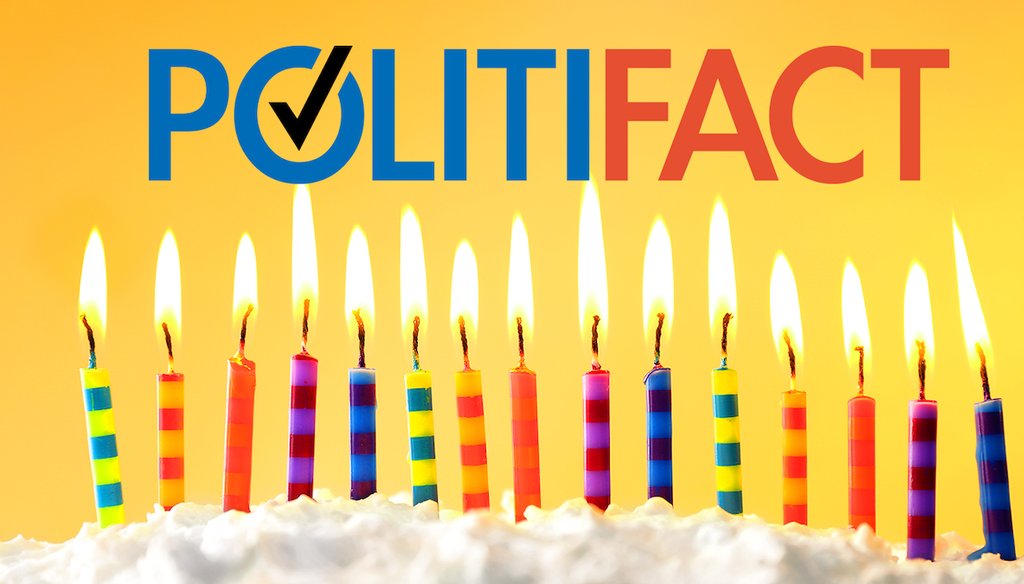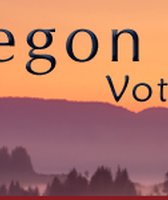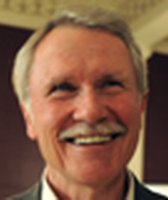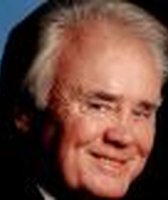Get PolitiFact in your inbox.

Happy 15th Birthday to PolitiFact! (Chris Kozlowski / Poynter)
When we launched PolitiFact in 2007, we were so unsure about its future that we had an escape hatch. If the fact-checking site didn’t catch on, we were going to bail out after just five months, after Florida held its presidential primary.
Back then, fact-checking was a new form of journalism and we were pushing the envelope with our gimmicky Truth-O-Meter, which rated politicians’ claims from True to Pants on Fire. We didn’t know if readers were ready for something so bold.
I also took a personal risk, giving up my duties as Washington bureau chief for the St. Petersburg Times (now the Tampa Bay Times). That was a dream job that let me cover some of the biggest stories in the capital. But I put it aside for a new role that was sure to make everyone mad at me.
The Times was overdue to try something significant on the web, so my team was given a license to be ambitious. We weren’t the first fact-checker (we were inspired by FactCheck.org, the pioneer), but we took a more lively approach with the meter and report cards that showed each politician’s record for falsehoods.
After the Florida primary, we decided our experiment was a success. Readers loved the Truth-O-Meter, even if politicians didn’t. And now, 15 years later, PolitiFact is going strong. It has published more than 22,000 fact-checks, won a Pulitzer Prize and inspired dozens of similar sites around the world.
I left PolitiFact in 2013 to come to Duke University, where I teach journalism and remain active in the fact-checking movement. I co-founded the International Fact-Checking Network and have worked with Google to develop new ways to highlight our important journalism.
As we mark PolitiFact’s 15th anniversary, I wanted to share a few lessons about facts and fact-checking.
There’s still a substantial audience for facts. This can be forgotten in our hyper-partisan age, when so many people seek validation of their beliefs. But there still are plenty of people who want to consider all sides and know the facts.
We built PolitiFact with important features to help them: summaries so they can make sense of our work and detailed source lists that provide remarkable transparency about the research behind the rating. I’m always reassured to find there is still a substantial group of these people who are curious and not so hardened in their beliefs that they’ll consider the possibility that their favorite politician might be wrong about something.
That does not mean that based on one falsehood, or even many, that someone will change their allegiance. It just means they respect facts.
Want to chip in $15 today for our 15th birthday? Donate here.
The world is Half True. In the age of fact-checking, politicians and campaign strategists have become adept at scraping together enough truth to avoid False and Pants on Fire ratings. A political operative I interviewed last week called this the normal gamesmanship of campaigns.
It is normal, but it makes for some unpopular rulings on the Truth-O-Meter. A Half True rating ("The statement is partially accurate but leaves out important details or takes things out of context") often seems to leave both sides unhappy.
Still, it’s important to use it to show people how the truth can be shaded and to recognize not just what is said, but what is unsaid.
The world is Half True, Part 2. Puh-leeze, can we drop the sanctimony about ratings? The Truth-O-Meter takes a lot of criticism, much of it undeserved. As my successor as editor, Angie Drobnic Holan, likes to say, "The Truth-O-Meter is not a scientific instrument."
This is journalism! It’s the best attempt by some dedicated reporters and editors to assess the facts and rate the relative accuracy of a statement … on an imaginary meter! Things are never as simple as we all wish they were.
The internet can be an awful place. It’s hard to imagine now, but when we launched in 2007, the internet still seemed relatively civil. I actually thought we could be at the dawn of a new age of political information.
How naive that seems today! Although the internet has unlocked lots of wisdom and wonder, it’s also become an ugly place where it is easy for people to make personal attacks with little regard for the consequences. This has taken a toll on many, but in my world it’s been especially painful on the fact-checkers who have endured harassment and abuse simply because they are trying to help people find the truth.
Back in 2007, we showed some foresight that social media would become a breeding ground for falsehoods. We began checking chain emails, which were a forerunner to Facebook and Twitter for spreading misinformation about topics such as Barack Obama’s religion and birth. I occasionally tracked down the people who circulated the emails and was disappointed to find their partisan instincts were more important than their own obligation to the truth.
But I did not expect the problem to spiral out of control the way it has, nor that social media platforms would become such a potent force at spreading falsehoods.
Fact-checkers should remain humble. I’ve heard a few lines repeated many times in the past 15 years. They include:
Who will fact-check the fact-checkers?
I don’t want anyone to be the arbiter of truth!
Those lines are reminders that even with the diligence of our profession, our Code of Principles and our transparency, we need to preserve our humility. Truth is elusive, and we need to emphasize context rather than give off an unintentional arrogance of declaring the truth.
But we also need to find inspiration from our success and the important work of empowering democracy. Fifteen years ago, we weren’t sure if people were ready for fact-checking. We discovered they were, and PolitiFact has grown and adapted since then.
It’s been a great 15 years. I look forward to many more.
Bill Adair, PolitiFact’s founding editor, is the Knight Professor of the Practice of Journalism and Public Policy at Duke University.
Our Sources
15 years of fact-checking.












































